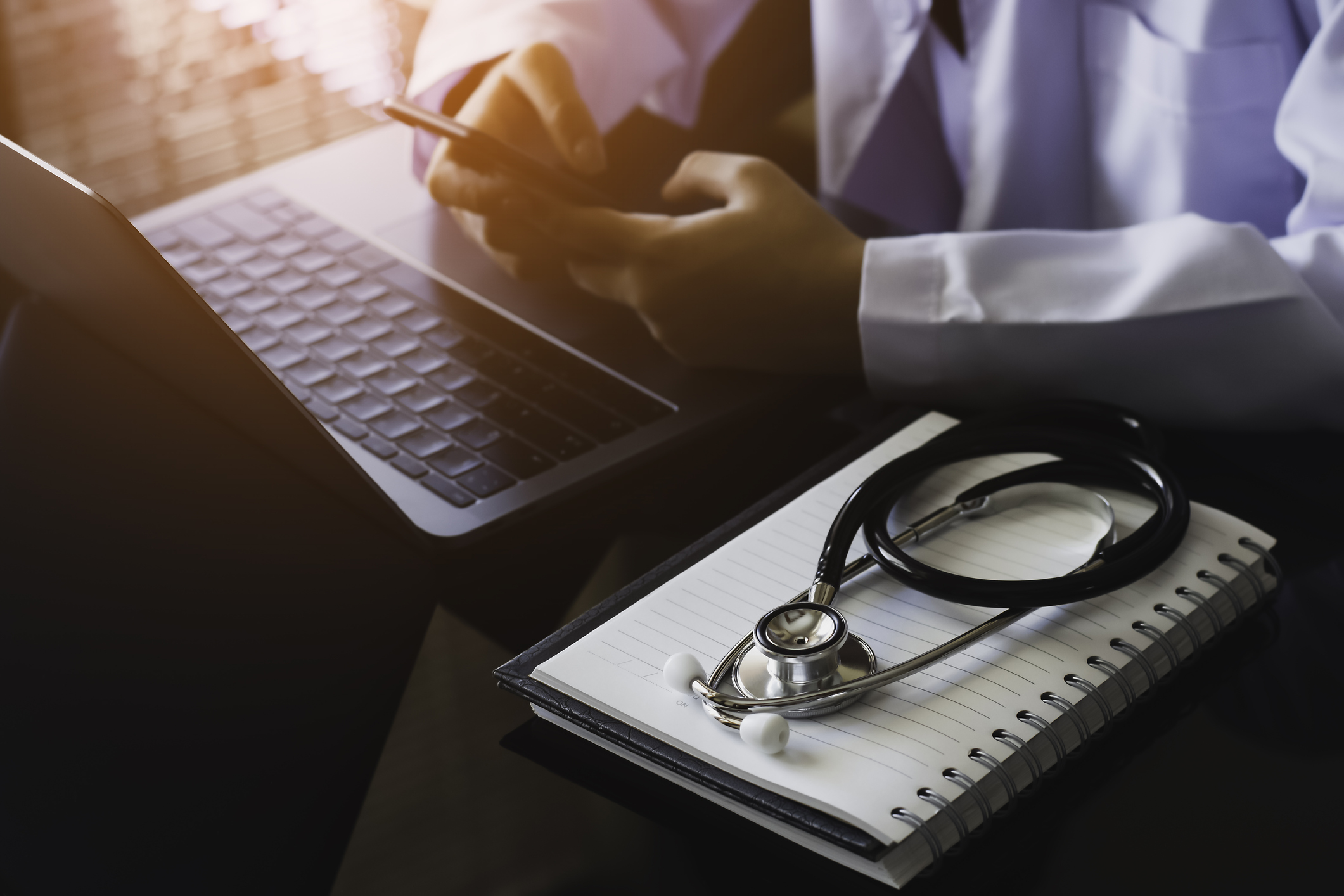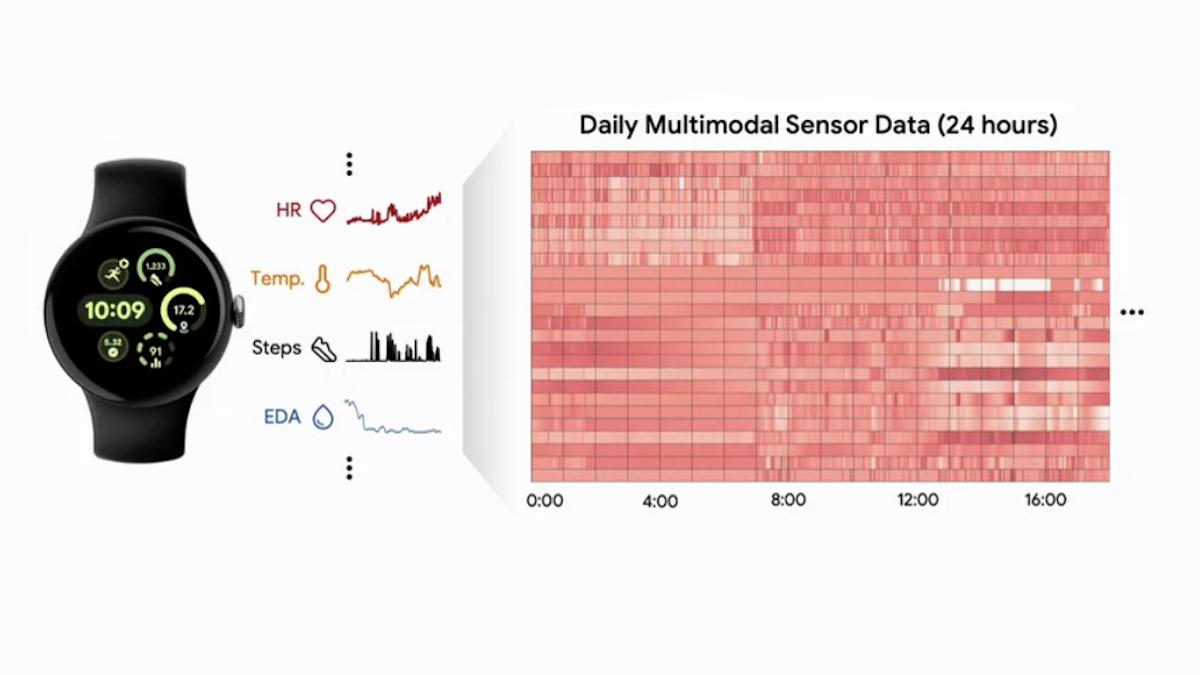FDA sets out its stall on digital tools for remote clinical trials

The FDA has published draft guidance on how digital health technologies (DHTs) like smart and wearable devices can be used to capture data remotely from patients in clinical trials – an approach that has come to the fore since the start of the pandemic.
The new guidance sets out the regulator's current thinking on how trial sponsors to incorporate DHTs in the design of studies of drugs or medical devices.
COVID-19 has already prompted a big increase in the use of decentralised or remote studies as it became increasingly hard for patients to participate in trials at investigator site, a shift that has relied heavily on the use of DHTs like remote monitoring systems, electronic data collection and consent forms, and web portals for studies.
One recent survey found that around 28% of biopharma companies and contract research organisations (CROs) were running remote trials before the pandemic, but that had risen to almost 90% by the middle of this year.
Aside from helping to maintain social distancing, DHTs can also improve the data collected in a trial, for example by allowing 24-hour monitoring wherever participants may be, rather than simply at a clinic.
The guidance gives advice on the design and selection of technologies that are suitable for use in trials, how they can be verified and validated as fit-for-purpose by the sponsor, and the sort of information that needs to be included in an application to start a clinical trial or seek marketing approval.
It also covers the evaluation of clinical endpoints from data collected using DHTs, including novel endpoints, as well as statistical analyses, consideration of clinical and privacy-related risks and securing informed consent, and best practices for securing and retaining patient data.
"Advances in sensor technology, general-purpose computing platforms, and methods for data transmission and storage have revolutionised the ability to remotely obtain and analyse clinically relevant information from individuals," says the FDA in the document.
"Remote data acquisition may also address challenges associated with centralized trials, such as the burden of traveling to the trial site for participants, especially for participants with physical or cognitive limitations, time constraints, or for those who may be geographically dispersed," it goes on.
The draft is open for comment until 22 March.













